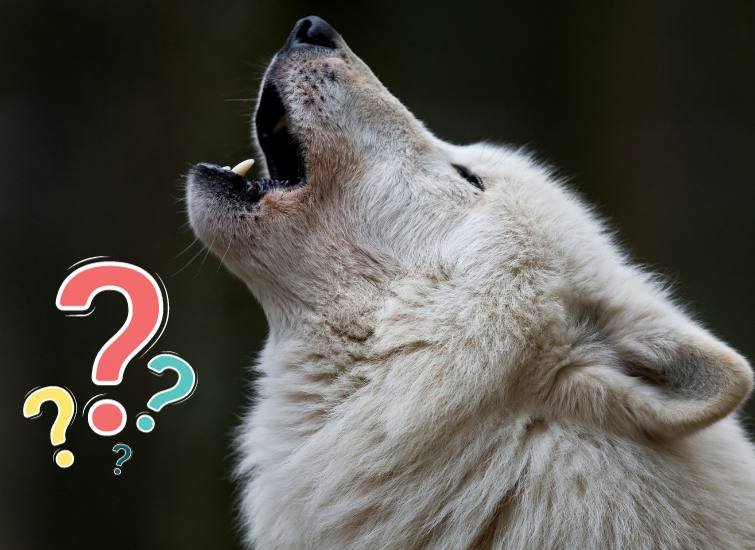Before delving into the depths of the term “booger wolf,” let’s address the immediate question that may have brought you here. A booger wolf is a colloquial and somewhat humorous term used to describe someone or something that is unattractive or unkempt. Now, let’s embark on a journey to explore the origins, nuances, and cultural connotations surrounding this peculiar expression.
Unpacking the Origins and Meaning
The term “booger wolf” seems to have originated in informal language and may vary in its usage across different regions and communities. Essentially, it is a slang expression that often characterizes someone as less than appealing in physical appearance or personal grooming. Picture a booger wolf as a lighthearted way to playfully tease or mock someone for not adhering to societal standards of beauty or neatness.
The Cultural Context
In various cultures, colloquial terms like booger wolf serve as a form of humor and camaraderie. While it may sound a bit derogatory, it is essential to understand the lighthearted nature of such expressions within the context of friendly banter. It’s crucial not to take the term too seriously, as its usage is often meant to be playful rather than offensive.
Exploring the Humor
Humor is subjective, and the use of terms like booger wolf falls into the category of playful banter that friends, family, or communities may engage in. It’s essential to consider the intent behind the words and recognize that humor can be a way for people to connect and share light moments. In many cases, individuals affectionately label each other as booger wolves without any malicious intent.
The Evolution of Language
Language is dynamic, and slang terms like booger wolf evolve over time. What might have started as a local expression in one community could find its way into broader usage through social media, popular culture, or interpersonal interactions. Understanding the evolution of such terms provides insight into the ever-changing nature of language and how words take on new meanings in different contexts.
Keywords and Their Significance
When exploring the term booger wolf, it’s crucial to highlight keywords that are likely to be associated with it. These keywords include **booger wolf meaning**, **booger wolf origin**, and **booger wolf slang**. Incorporating these terms into the content ensures that individuals searching for specific information on booger wolves can easily find relevant and comprehensive answers.
External Backlinks for Credibility
For a deeper understanding of cultural slang and colloquial expressions, it’s beneficial to explore reputable sources. External backlinks to linguistic studies, cultural analyses, or language evolution resources can enhance the credibility of the information provided. Linking to high domain authority and reliable sources ensures that readers can trust the insights shared in this article.
Variations of the Question
As language is diverse and constantly evolving, variations of the question about booger wolves may arise. Some common variations include:
1. What does the term booger wolf mean?
Answer: The term booger wolf is a slang expression used to playfully describe someone or something unattractive or unkempt.
2. Where did the term booger wolf originate?
Answer: The origins of the term booger wolf are rooted in informal language and may vary across different regions and communities.
3. Is calling someone a booger wolf offensive?
Answer: While the term booger wolf may sound derogatory, its usage is often lighthearted and meant for playful banter rather than offense.
Is it what you where expecting?
The term booger wolf adds a touch of humor to language, serving as a playful way to describe someone’s appearance or grooming. Understanding the cultural context, the evolution of language, and the intent behind such expressions is key to appreciating the nuances of slang. So, the next time you encounter the term booger wolf, remember to take it with a grain of humor and an appreciation for the richness of language.


